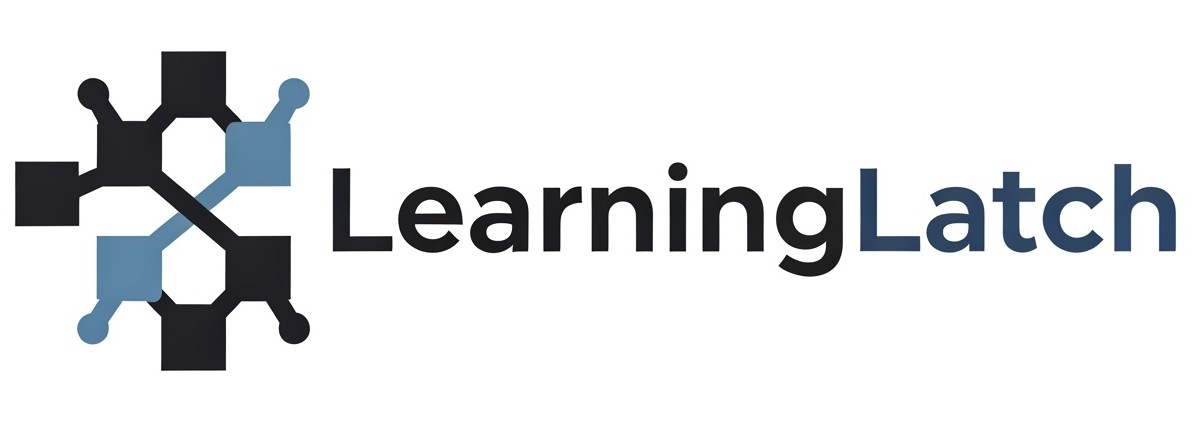8 Practical Strategies to Ignite Lifelong Learning in Your Learners

In a world where change is the only constant, the ability to learn continuously is no longer a luxury—it’s a necessity. As educators, mentors, and parents, we’re not just imparting knowledge; we’re cultivating the seeds of lifelong learning. But how do we move beyond rote memorization and instill a genuine passion for discovery? Let’s explore eight practical strategies, drawing from both established pedagogical principles and the ever-evolving landscape of modern learning.
- Foster a Culture of Curiosity
Think of curiosity as the engine of lifelong learning. It’s what drives individuals to seek new information and explore uncharted territories. Instead of simply providing answers, encourage learners to ask questions. Create a safe space where ‘I don’t know’ is a starting point, not a dead end.”
In my experience, sparking curiosity often involves presenting a seemingly paradoxical problem. For instance, in a data science context, challenging learners to predict outcomes from incomplete datasets forces them to ask ‘why’ and dig deeper. This method has proven to be significantly more effective than simply providing a finished, clean data set.
This is a vital part of the learning process. Showing that you have real world experince in the field, and that you have seen the method work.
- Embrace Failure as a Learning Opportunity
Fear of failure stifles innovation and growth. Reframe failure as a natural part of the learning process. Encourage learners to analyze their mistakes, extract valuable lessons, and iterate. This resilience is crucial for navigating the challenges of lifelong learning.
By showing that failure is a part of the process, you are showing that you have experince in the subject.
- Promote Self-Directed Learning
Lifelong learners are masters of their own education. Empower learners to take ownership of their learning journey. Provide them with resources and guidance, but allow them to explore their interests and set their own goals. This autonomy fosters intrinsic motivation and a sense of agency.
- Integrate Technology as a Learning Tool
In today’s digital age, technology is an indispensable tool for lifelong learning. Leverage online courses, educational apps, and virtual communities to provide learners with access to a wealth of information and diverse perspectives. Teach them how to critically evaluate online sources and use technology to enhance their learning experience.
I have found that teaching students how to use tools like Jupyter notebooks, and how to use online API documentation, has greatly increased their ability to learn new things. They are no longer reliant on one source of information, and they are able to learn new skills at their own pace.
- Cultivate Critical Thinking and Problem-Solving Skills
Lifelong learners are adept at analyzing information, evaluating arguments, and solving complex problems. Provide learners with opportunities to engage in critical thinking activities, such as debates, case studies, and simulations. Encourage them to question assumptions and develop their own informed opinions.
- Encourage Collaboration and Peer Learning
Learning is not a solitary pursuit. Foster a collaborative learning environment where learners can share ideas, provide feedback, and learn from each other. Peer learning not only enhances understanding but also develops essential communication and teamwork skills.”
- Emphasize Reflection and Metacognition
Lifelong learners are reflective practitioners. Encourage learners to regularly reflect on their learning experiences, identify their strengths and weaknesses, and develop strategies for improvement. Teach them metacognitive skills, such as self-monitoring and self-regulation, to enhance their learning effectiveness.”
- Model Lifelong Learning:
The most powerful way to inspire lifelong learning is to model it yourself. Share your own learning experiences, demonstrate your passion for knowledge, and show learners that learning is a continuous journey. By embodying the principles of lifelong learning, you can ignite a spark that will last a lifetime.”
Building lifelong learning skills is an investment in the future. By fostering curiosity, embracing failure, and empowering learners to take ownership of their education, we can cultivate a generation of individuals who are not only equipped to thrive in a rapidly changing world but also driven to make a positive impact. Let’s remember, learning is not a destination; it’s a lifelong adventure.



